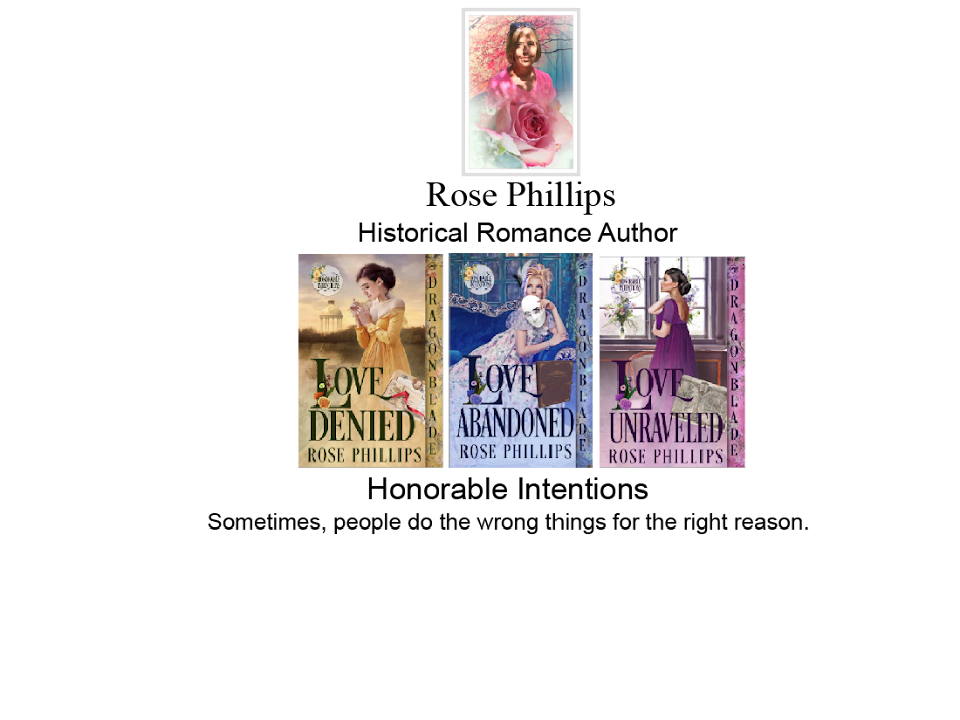Technology can be an
amazing tool or the source of absolute misery. Over the last few days, I have
cried a pox on computers. Gmail has refused to maintain integrity of
formatting. Word shifted the settings on a manuscript, but insists that it sits
at one-inch margins despite the fact that the ruler clearly shows it at twice
that width. Add to the list, an Internet connection that keeps playing hide and
seek. Yesterday, frustrated and ready to toss my laptop out into the cold
winter night, I took a break and watched the news.
Bombs, gunfire kill 81 at crowded mosque in Nigeria.
Wrongly convicted man released after twelve years. Over five thousand dead from
Ebola. Calm comes to troubled Ferguson while protests ignite around the
country.
I took a very long, very
deep breath. I live in a country where I can practice, or not, my religion
without fear, where medical care is a right of every citizen regardless of income, and where, should
I not agree with my government’s policies, I can stand freely and shout my
concerns and back that up with a vote. I never want for food on my table nor a
roof overhead. My home is filled with laughter and love and too many hugs to
count.
So, technology is
messing with me a bit. Let it. I’m off to take a walk with my two dogs, hand in
hand with my husband and, I’d put my money on it, there’ll be some hugging
going on when we get home.


